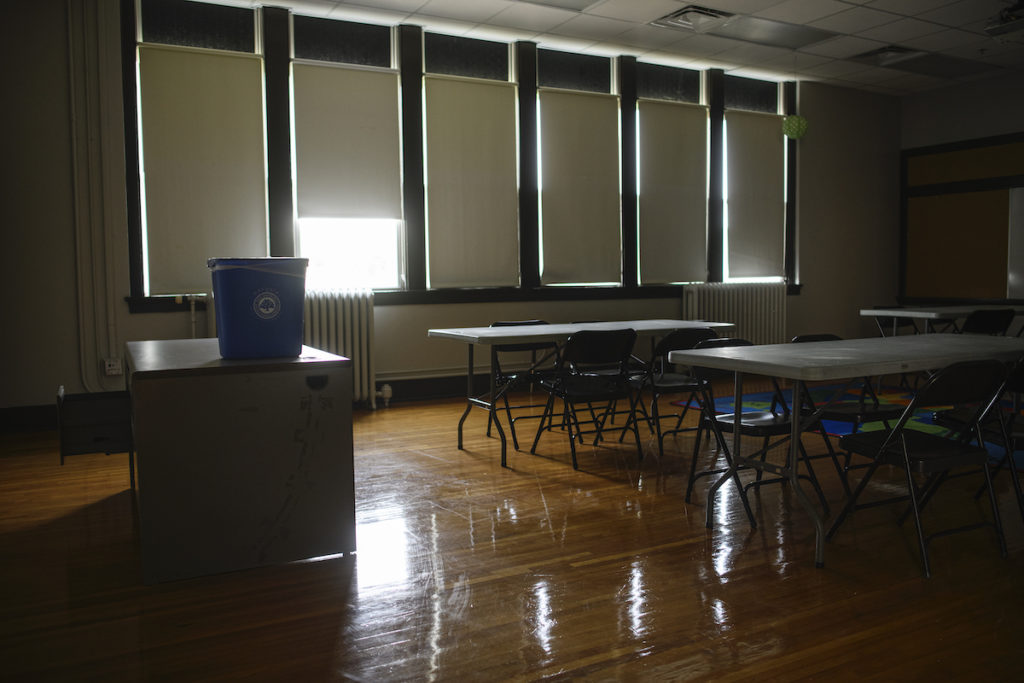
It was only eight years ago that Tennessee recognized dyslexia as a learning disability and only six years ago that the state began to require schools to screen for dyslexia. Despite the progress, the initiatives have been severely underfunded, according to Anna Thorsen, a Nashville-based disability advocate who also has dyslexia.
Listen to a narration of this article:
“The law is great, but it has no funding,” Thorsen says. “So, we are requiring a school to give a student dyslexia-specific intervention, but they don’t have any money to buy that program or to train a teacher how to do that.”
Parents and disability advocates are hoping that could change with a new school funding formula underway. Tennessee’s Department of Education has been on a monthslong journey to change how the state funds public education. Under the draft plan, schools would receive extra funding to serve students with dyslexia.
Many hope that additional money could go toward hiring dyslexia specialists, investing in better screeners and expanding reading programs tailored for students with dyslexia.
“We can’t ignore our most profound struggling readers,” Thorsen says. “And then say, ‘we care about literacy,’ those two things can’t happen at the same time.”
Dyslexia is a type of learning disability that complicates the relationship between letters and sounds. People with dyslexia tend to need more time to process words, but it doesn’t affect their general intelligence. With the right help, dyslexia isn’t a barrier to success.
As of October 2019, there were over 47,000 students getting help for their dyslexia in Tennessee. But that number could be closer to 100,000, according to the Tennessee Center for the Study and Treatment of Dyslexia. Parents and disability advocates say children fall under the radar because many districts aren’t doing nearly enough to identify and provide appropriate supports to struggling readers.
It’s one of the reasons that some are concerned how the new formula qualifies students with dyslexia. In the proposed draft, extra dollars would only be assigned to students who are officially diagnosed and receiving accommodations under a Section 504 plan.
But Thorsen says, that process can often be long and complicated. She and other advocates are pushing for the final draft to expand the definition to include students with “characteristics of dyslexia” which are outlined in the Tennessee 2016 “Say Dyslexia” law.
“If we put funding behind a barrier of 504 plans, which requires multiple meetings and evaluations, it’s going to keep kids from getting the services they need to learn to read and write well,” Thorsen says.
In a recent steering committee meeting, education commissioner Penny Schwinn explained that requiring a Section 504 plan is largely for auditing purposes.
“For students who need significantly more services but they’re not quite a student who qualifies for an IEP, this would say there is now a process for that,” Schwinn said. “And there is a way in which the districts would receive funding to provide that service that is legally binding.”
Although it’s a valid concern, Thorsen urges the education department to find another way to resolve the auditing issue so that no child is left out in receiving services that can potentially help them read and write.
The school funding formula review subcommittees will spend the next week finalizing their recommendations. Education officials hope to submit a final proposal to the General Assembly by the end of January.

